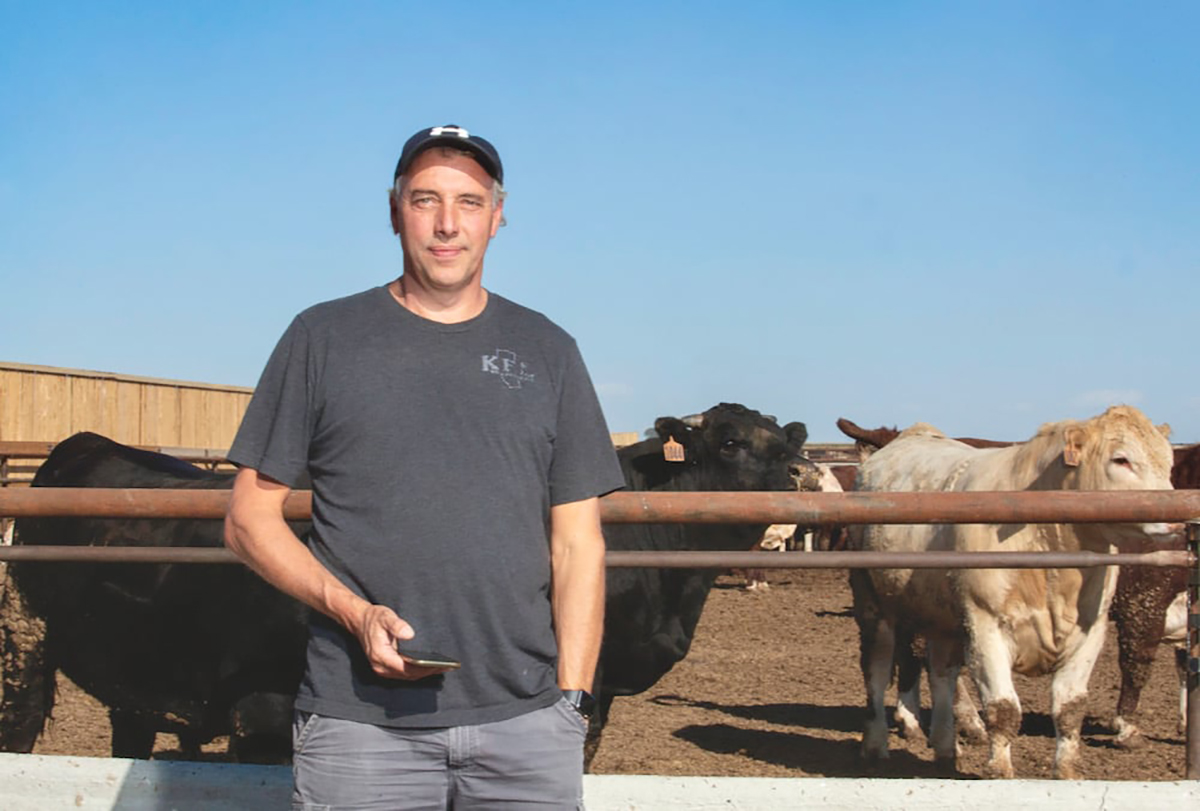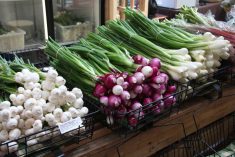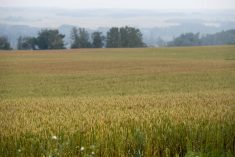OTTAWA — Transition is nothing new for the Kolk family of southern Alberta.
Since the farm was established in the 1950s, it has moved from one generation to the next and one commodity to another.
Related stories in this issue:
- Farm transition does not have to be a messy process
- Tax not sole basis for succession plans
- Probate planning can help families avoid future problems
Leighton Kolk’s grandparents began the operation. Then his parents took over, and in 1989 he and his two brothers purchased the farm over a three-year period.
Read Also

Understand limitation periods if considering civil suit
A limitation period refers to the amount of time a plaintiff has to commence a formal claim in court or lose their ability to pursue it.
One brother soon left, Kolk told a farm succession workshop, and the other two carried on for about 20 years.
“Then we went through a succession planning of splitting off because we had a younger generation coming up and it was an opportunity. We could afford to do it,” he said.
In 2015, 2017 and 2019 he and his wife Elinor’s children entered the operation as shareholders. One of the children left after about four years, and the others bought him out.
And, just recently, Kolk Farms welcomed a fifth partner and the first from outside the family.
Kolk said having the same surname isn’t the best criteria for determining who should be part of the operation.
“That doesn’t make you the owner. It’s some of your ability to work together and the talent you bring,” he said.
He has one rule for those who want an ownership share: they have to be at least 25 years old. He said that rule allowed his children to attend post-secondary education and work elsewhere for a while. They could also work on the farm if they wanted, but they couldn’t take ownership.
Kolk Farms currently includes feeding capacity for about 35,000 cattle, 3,500 acres of irrigated crop land and a retail seed business.
Kolk said there are ways to take the “suck” out of succession.
These include recognizing family dynamics, timing and being realistic about roles and responsibilities. Everyone isn’t good at everything, he said, and there has to be competency across the business.
Economic viability is an important factor.
“You can’t have a succession plan if you can’t afford to do it. There might be some hard facts have to be faced,” he said.
“If another child or a partner wants to come into the business, they’d better be able to somehow bring 100 grand of net profit to this place. Otherwise the farm can’t afford it.”
Kolk said transparency about finances is also important. Their children were welcome to all farm meetings to see financial statements even before they became shareholders. That is a demonstration of trust that goes both ways.
“Monthly board meetings is a must for us,” he said.
The shareholders take turns chairing the meetings and going through plans and projections.
The Kolk business also has a unanimous shareholder agreement that sets out, among other things, how a shareholder can leave. Kolk said it is easy to get into something but a lot harder to get out. In the case of his son who left, there could have been difficulties if he had taken all his cash at one time. Instead, they paid him out over multiple years.
Kolk said treating each other professionally and with respect is critical. Siblings often have trouble with this concept because they’ve grown up together, but he said sharing a surname, or having the owner’s surname, doesn’t allow one to treat people poorly.
“You treat each other with respect or else don’t be part of this,” he said.
“We don’t need drama. We need professionalism.”
The new shareholder at Kolk Farms has been with the company for six years and will take the management level up a notch, Kolk said.
“To me, succession is never done,” he said.


















